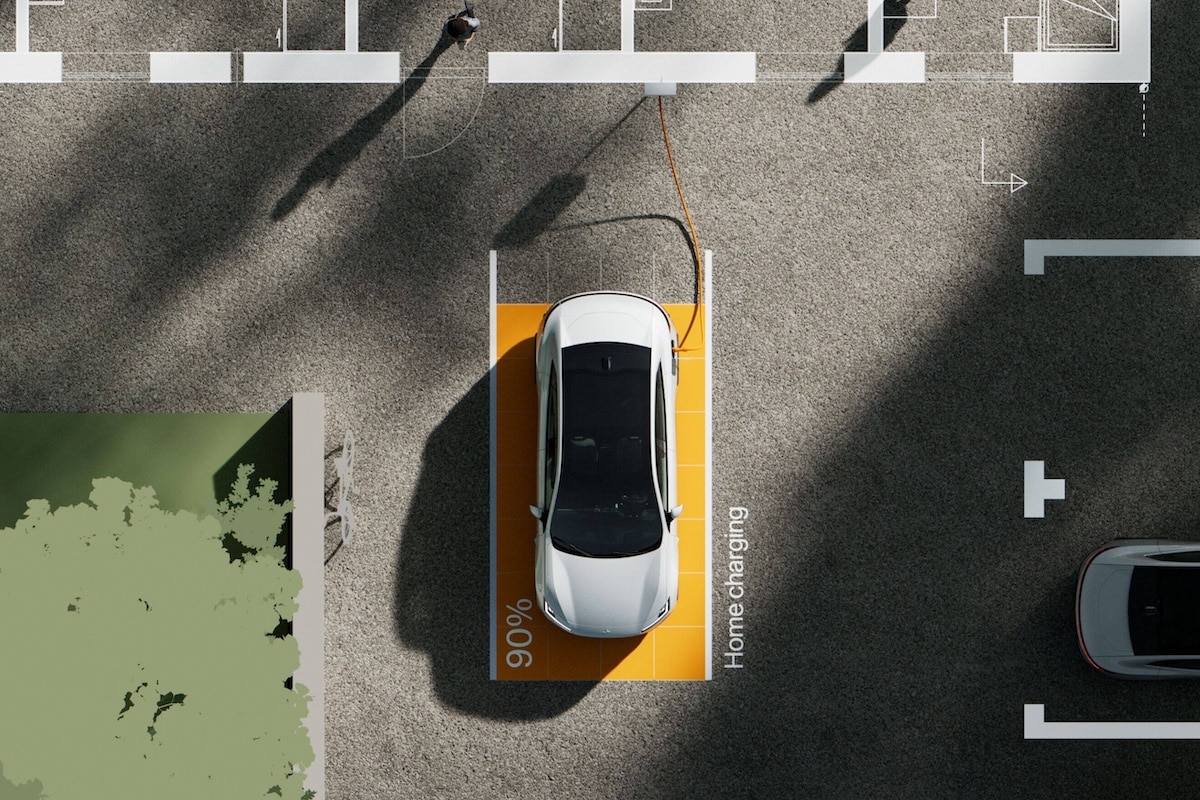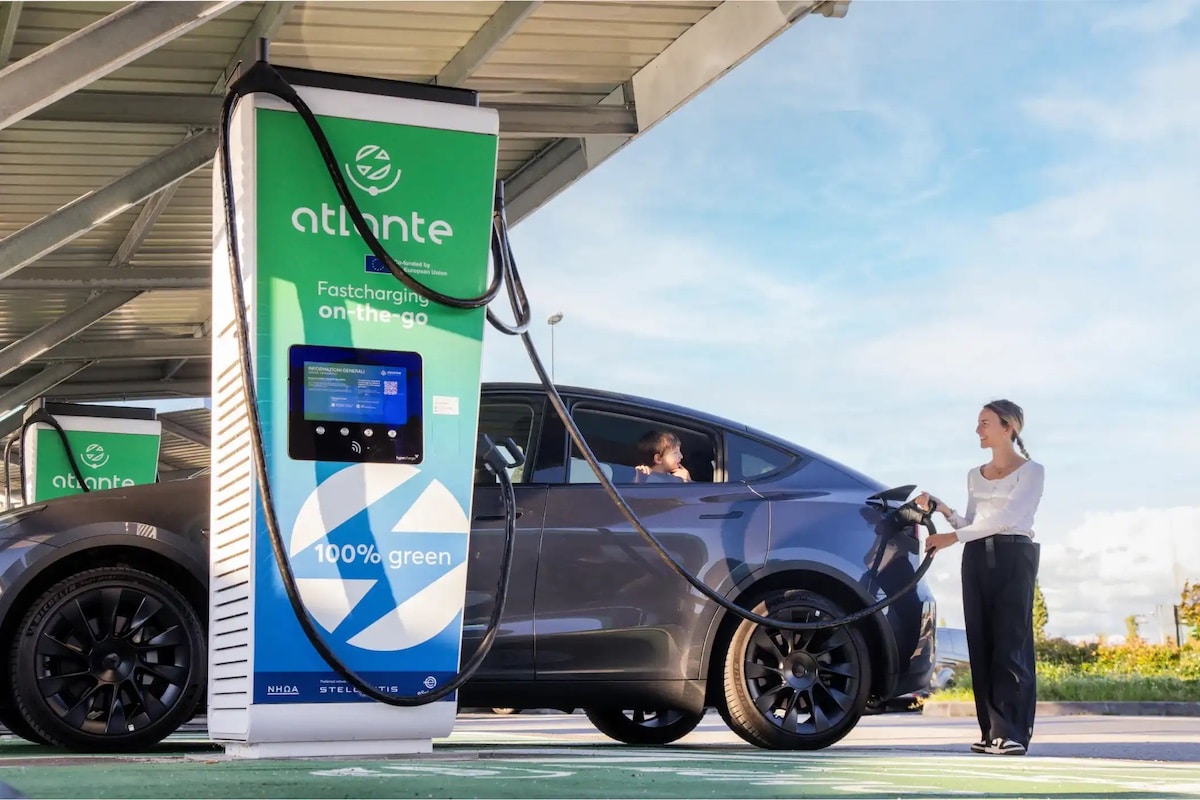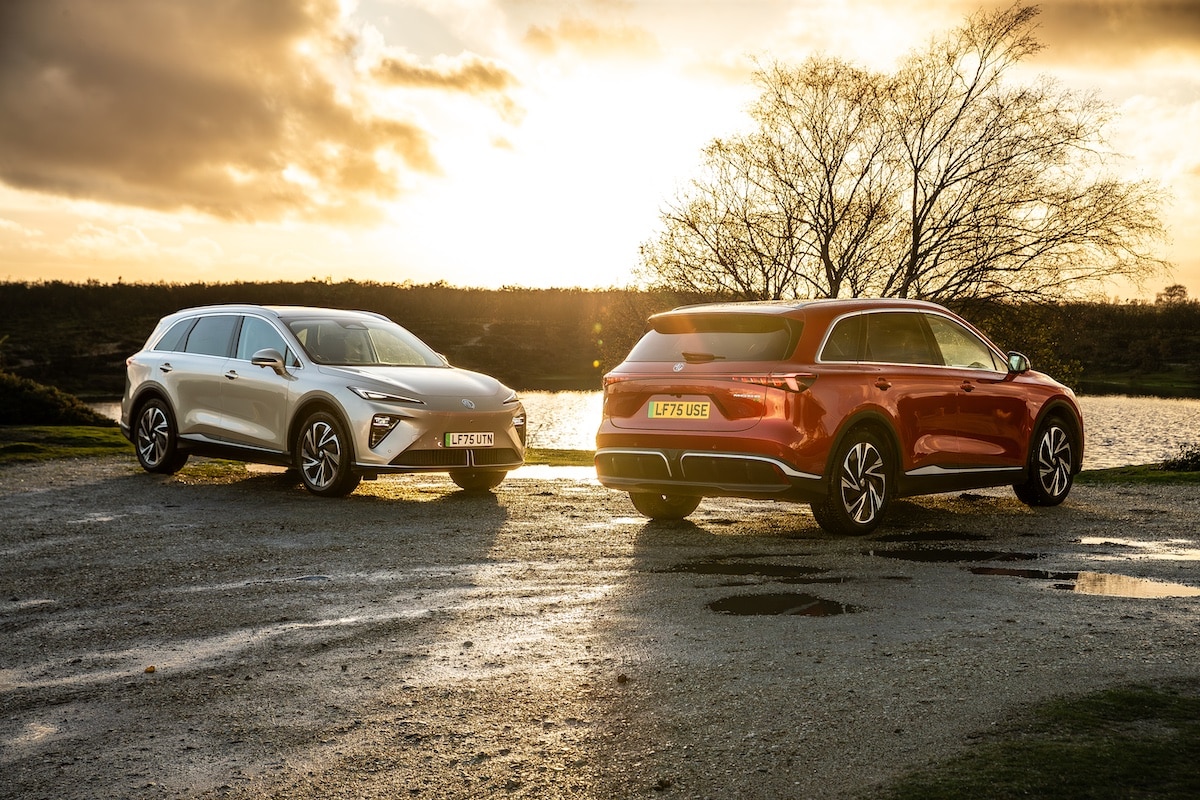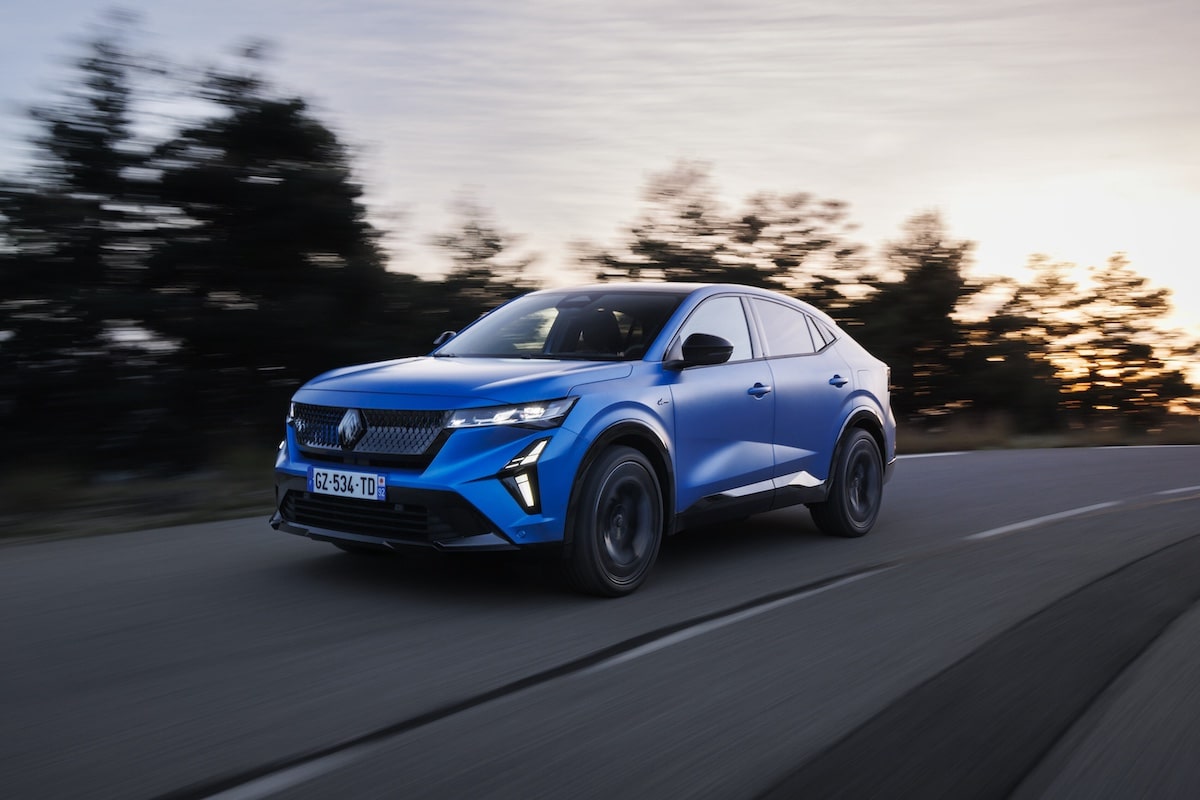Ban on Internal Combustion Engine Cars in 2035: Coming Into Focus
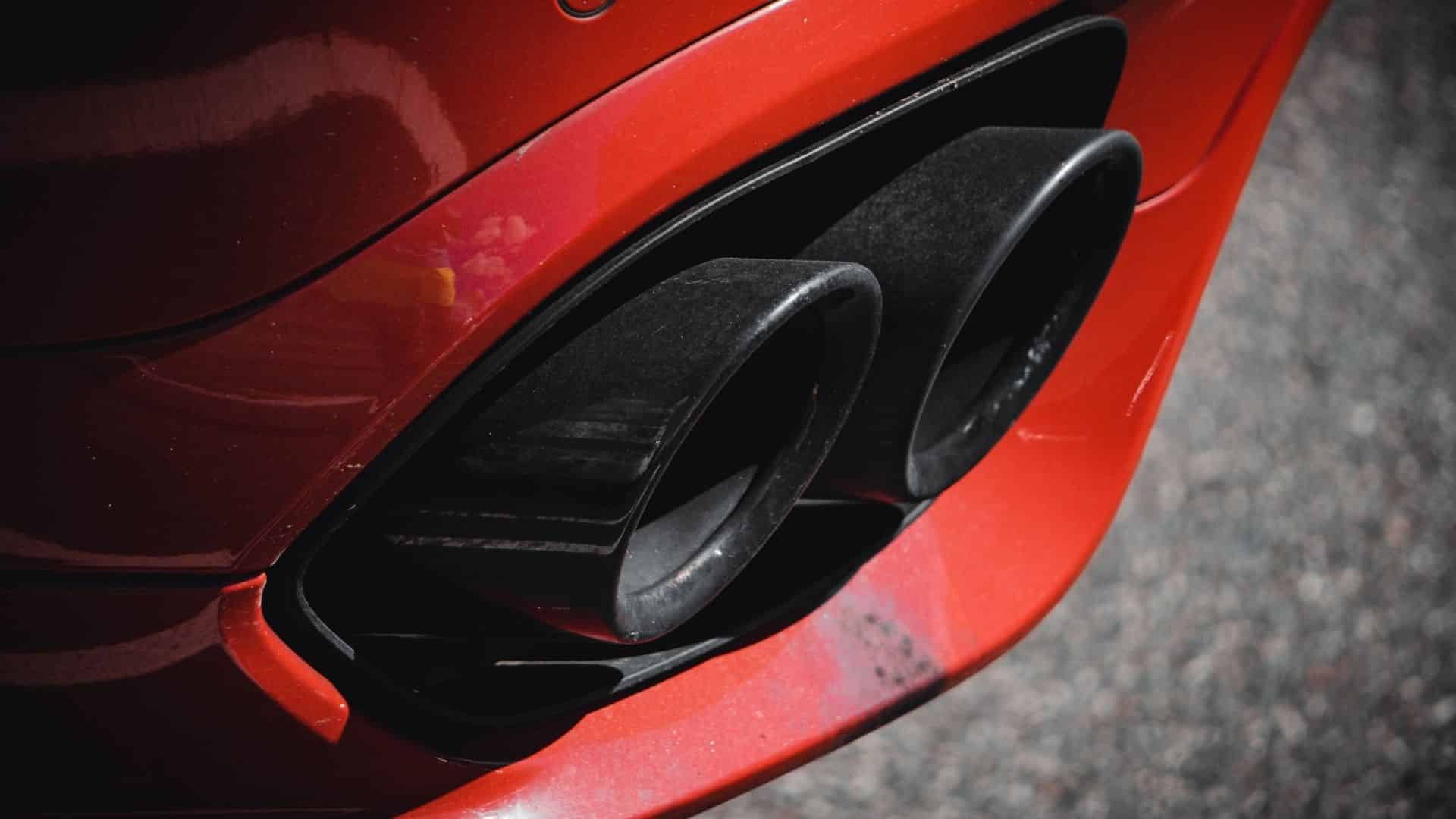
The text is not yet final, but the noose is tightening.
The ban on internal combustion engine cars across the Old Continent has been adopted by the Environment, Public Health and Food Safety Committee. With 46 votes in favor, 40 against, and two abstentions, there was no outright unanimity among Members of the European Parliament, but the result is clear, and the noose is tightening around thermal cars.
The text now needs to be submitted to the European Parliament during the June plenary session. If adopted, a negotiation phase will open with the various member states to determine the details of the law.
For the EU, this vote brings “clarity to the automotive industry”
The ban on internal combustion engine cars will also concern hybrid models. In other words, manufacturers will only be allowed to sell fully electric or hydrogen vehicles. However, cars already on the road will still be allowed to operate.
“This regulation encourages the production of zero-emission and low-emission vehicles”, explains rapporteur Jan Huitema. “Through CO2 standards, we bring clarity to the automotive industry and stimulate innovation and investment for car manufacturers”.
Manufacturers are anticipating
Whether for or against this bill, manufacturers are compelled to take it into account. Many of them have already planned to phase out combustion engines in Europe over the coming years. Ford, Volvo, Renault aim for a 100% electric range by 2030. Opel wants to reach this goal by 2028, Fiat and Alfa Romeo by 2027, Jaguar as early as 2025. Brands like Lotus or Alpine have also planned to abandon internal combustion engines before the 2035 deadline.
Currently, electric cars account for just over 10% of the automobile market in Europe. The shift to full electric would therefore represent a significant revolution for the automotive sector. Some industry players also express reservations. Recently, Carlos Tavares shared doubts about this forced transition. The CEO of Stellantis believes that issues related to raw material sourcing, clean energy production, and charging infrastructure are far from being resolved. According to him, such a change could also have negative geopolitical consequences.
Read also: Euro 7 Norm: Will it kill the internal combustion engine?
This page is translated from the original post "Interdiction des voitures thermiques en 2035 : ça se précise" in French.
We also suggestthese articles:
Also read
